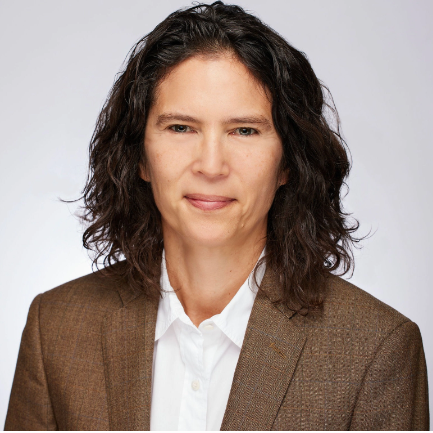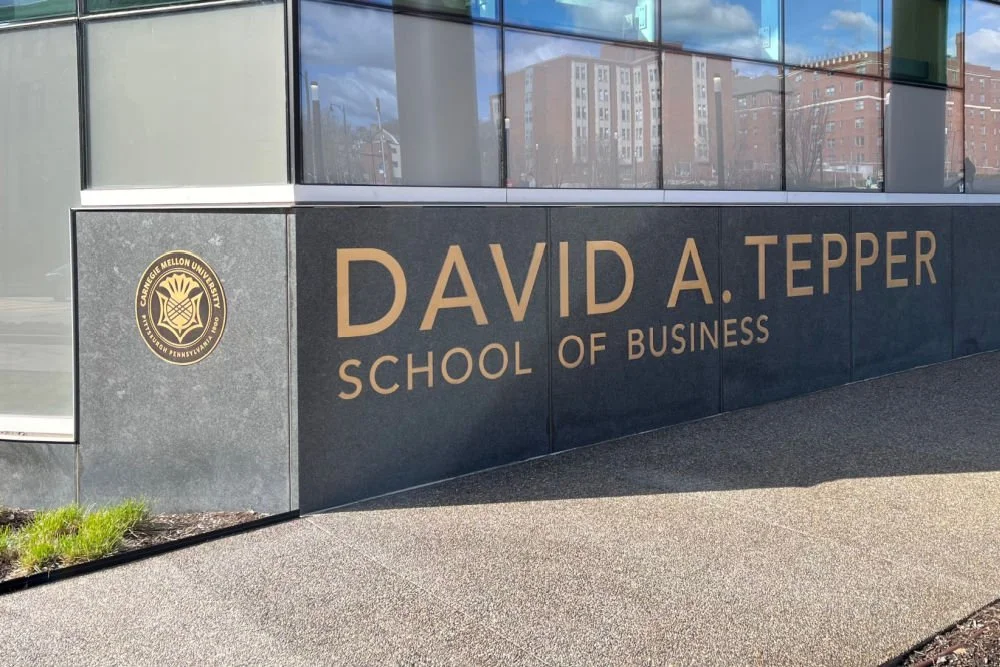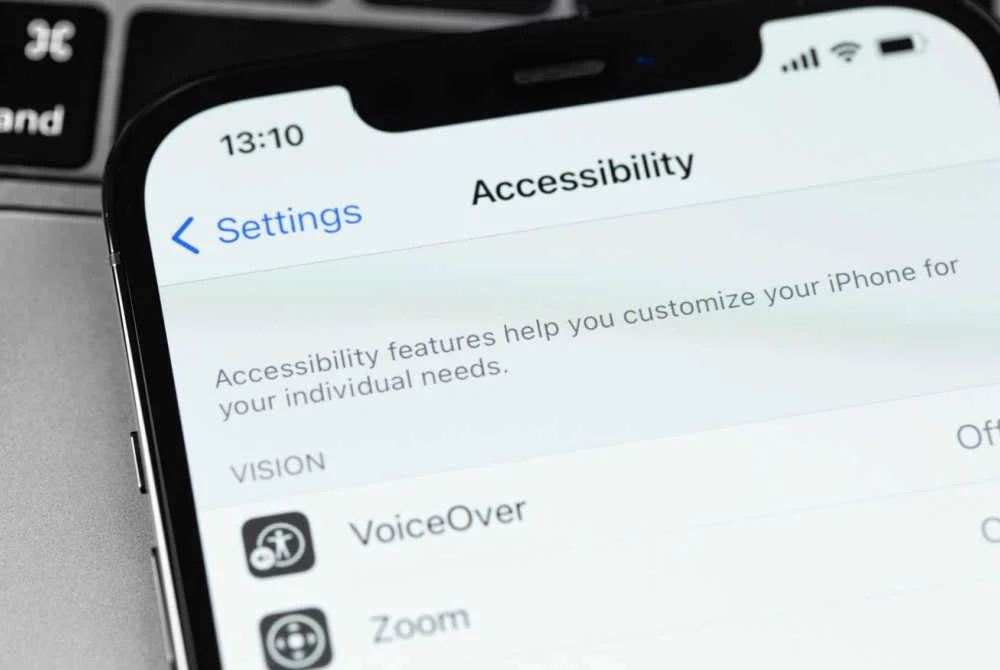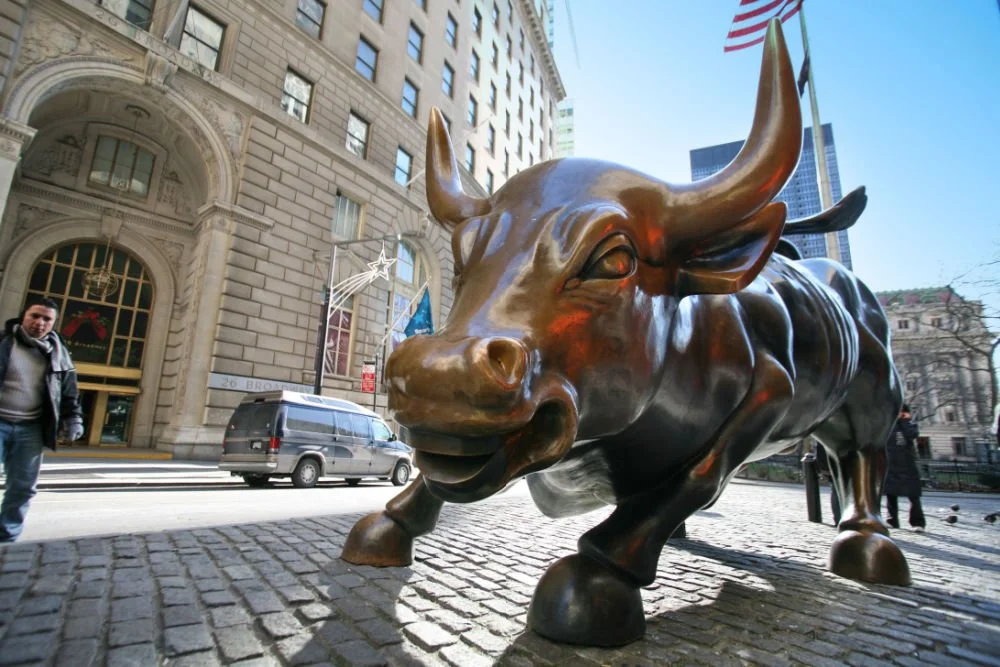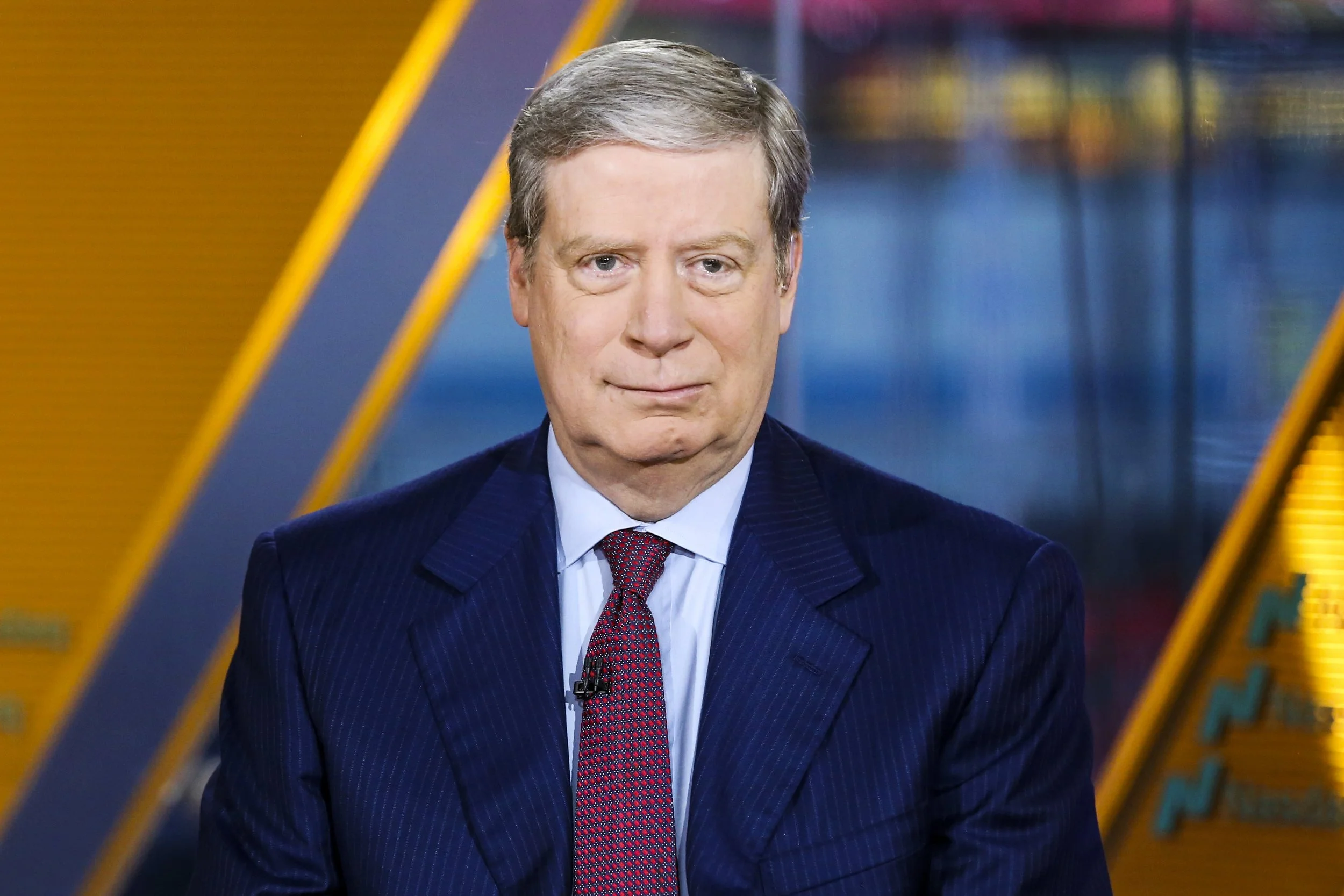A Move to Support Urban Entrepreneurs of Color Gains Steam
/photo: MB Images/shutterstock
JPMorgan Chase is flush with funds right now. With the Republican tax bill set to net the bank an additional $4 billion in annual profits on top of already gargantuan earnings, we’d expect to see additional commitments to philanthropy. And that's exactly the plan. Not too long ago, JPMorgan gave us a look at how it’ll proceed, laying out a $20 billion “comprehensive investment” over five years. While philanthropy only comprises a small portion of that outlay, it still adds up to a lot: about $100 million in additional annual support.
The bulk of that extra grantmaking will fund existing focus areas like workforce and youth development, addressing the need for “middle-skill” employees, and funding community development in disadvantaged neighborhoods.
Small business will also get a boost from JPMorgan Chase’s largesse, especially in select cities where the bank has chosen to concentrate its efforts. There’s also been a frank commitment to gender and racial equity. Through its $150 million Small Business Forward program, the bank supports women entrepreneurs, veteran-owned small businesses, and entrepreneurs of color.
Since 2015, that last group has benefitted from the bank’s giving in Detroit through the Entrepreneurs of Color Fund. Located at the Detroit Development Fund, a local CDFI, Entrepreneurs of Color has lent or approved $4.7 million to 45 small businesses. JPMorgan Chase partnered with the W. K. Kellogg Foundation to get things going, and an additional influx of funders tripled the fund’s size to $18 million late last year. Those funders include the Ralph C. Wilson Jr. Foundation, Fifth Third Bank, and the Kresge Foundation.
Related:
Equitable Revitalization: Who's Helping Detroit's Entrepreneurs of Color?
Big and Getting Bigger: JPMorgan Chase Philanthropy Is Getting a Boost
As JPMorgan Chase expands its philanthropy, the Entrepreneurs of Color program is set to grow, too. This month, the bank announced the program’s expansion to two new locations, the South Bronx and San Francisco. As in Detroit, the bank will partner with local CDFIs to extend small business loans to clients of color who’ve had trouble securing traditional funding.
The San Francisco CDFI in question is Working Solutions, which will partner with ICA Fund Good Jobs and Pacific Community Ventures to invest $3.1 million from JPMorgan Chase. In New York, the South Bronx Entrepreneurs of Color Fund will invest $2 million through the Excelsior Growth Fund, another local CDFI.
In both cases, JPMorgan Chase is adopting a gradual approach with the intent of testing the waters before expanding its investment. But the bank has been more than willing to dedicate larger sums to projects it sees as promising. Detroit is the operative example, here. The Motor City is a major testing ground for its (relatively) new strategic approach to philanthropy, which we explored in a deep dive last year.
With global corporate responsibility head Peter Scher at the helm, JPMorgan Chase has spent the past four years building a more focused philanthropy operation that draws on the bank’s strengths. Its concentration on urban poverty isn’t wholly altruistic. As Scher has noted to us, sky-high inequality and economic exclusion is bad for business in the long run. One side effect of JPMorgan Chase’s philanthropic approach is that new markets open for its financial products and new potential employees enter the workforce with the right skills.
While Entrepreneurs of Color is a recent arrival in San Francisco and the South Bronx, JPMorgan Chase has been giving in both locations for a while. Affordable housing has been on the bank’s radar in the Bay Area. In the Bronx, it has already made a variety of grants to boost small business and provide young people with job skills.
The bottom line, here, no pun intended, is that major financial institutions like JPMorgan Chase are deeply invested in America’s urban centers. While it's impossible to forget—or forgive—the role that top banks played in the predatory lending that stripped wealth from low-income communities during a housing boom that ended in disaster, it does seem like new thinking has taken hold at some of these institutions. They're recognizing that they have an interest in the long-term prosperity of cities and that deep-seated urban inequality holds those cities back. That inequality often tracks with de facto racial segregation, hence efforts like Entrepreneurs of Color.
Meanwhile, there's a fresh irony in JPMorgan's latest philanthropic commitments: It's pursuing efforts to close the nation’s wealth gap using winnings from a tax bill that many experts believe will further widen that gap.
Related:
















